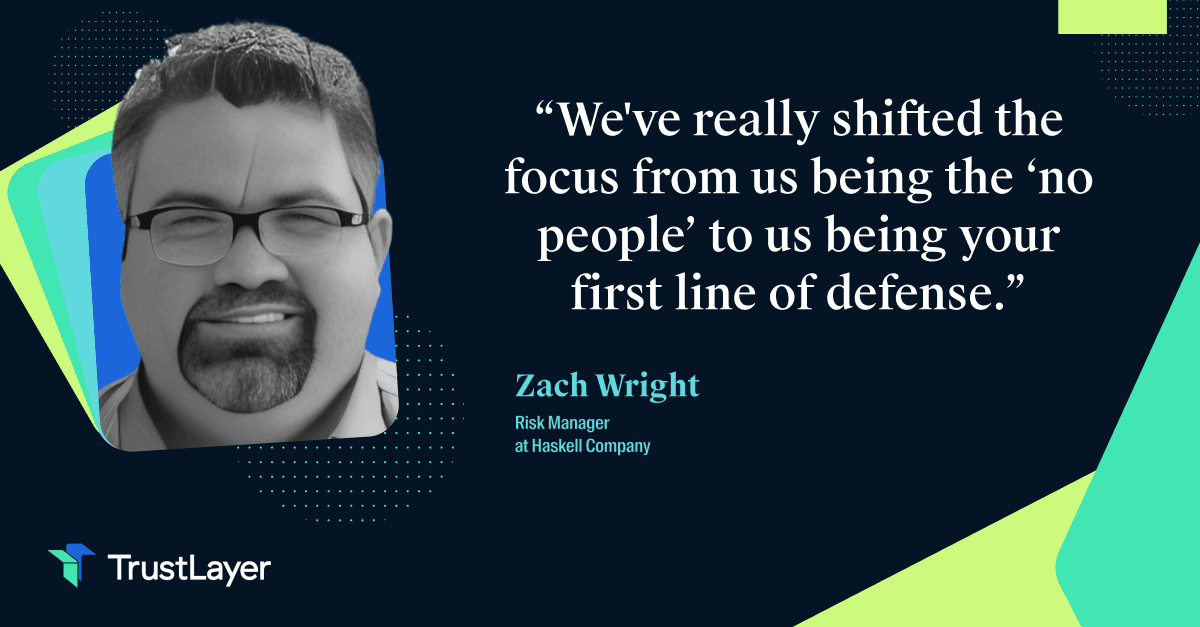by Don Halliwell
A risk analyst is a professional who specializes in identifying, evaluating, and mitigating potential risks that may impact an organization’s operations, finances, reputation, or objectives. Risk analysts play a crucial role in helping businesses make informed decisions, manage uncertainties, and ensure the sustainability and growth of their operations.
Risk analysts typically have expertise in various domains such as finance, economics, business administration, or related fields. They employ a combination of quantitative and qualitative methods to assess risks and develop strategies for managing them effectively.
Some of the key responsibilities of a risk analyst include:
- Risk identification: Risk analysts monitor the internal and external environment to identify potential risks that may impact the organization. This can involve conducting research, analyzing market trends, and staying updated on industry developments and regulatory changes.
- Risk assessment: Risk analysts evaluate the likelihood and potential impact of identified risks using quantitative methods, such as statistical analysis, and qualitative approaches, such as expert opinions or scenario planning. This helps them prioritize risks and determine the most appropriate risk management strategies.
- Risk mitigation: Risk analysts develop and implement strategies to reduce or manage the potential impact of identified risks. These strategies can include risk avoidance, risk reduction, risk sharing, or risk acceptance.
- Reporting and communication: Risk analysts communicate their findings and recommendations to management and other stakeholders, often through written reports or presentations. They also play a critical role in fostering a risk-aware culture within the organization by educating and training employees on risk management best practices.
- Monitoring and review: Risk analysts continuously monitor the effectiveness of risk management strategies and make adjustments as needed. They also track changes in the risk landscape, ensuring that the organization stays prepared for new and evolving threats.
Risk analysts can work in various industries, including finance, insurance, healthcare, energy, manufacturing, and government. They may be employed by organizations as part of their risk management team or work as consultants, providing risk analysis services to clients across multiple sectors.








